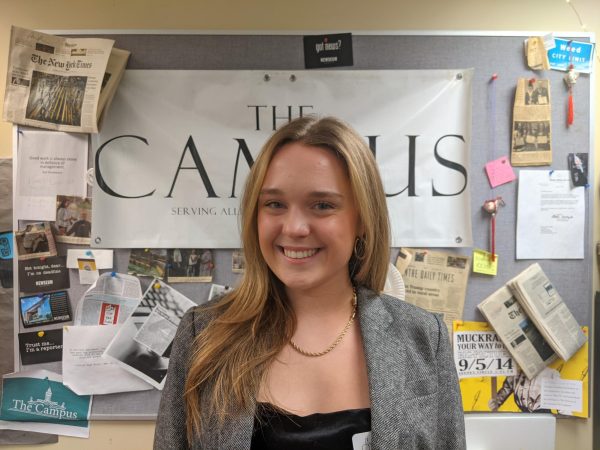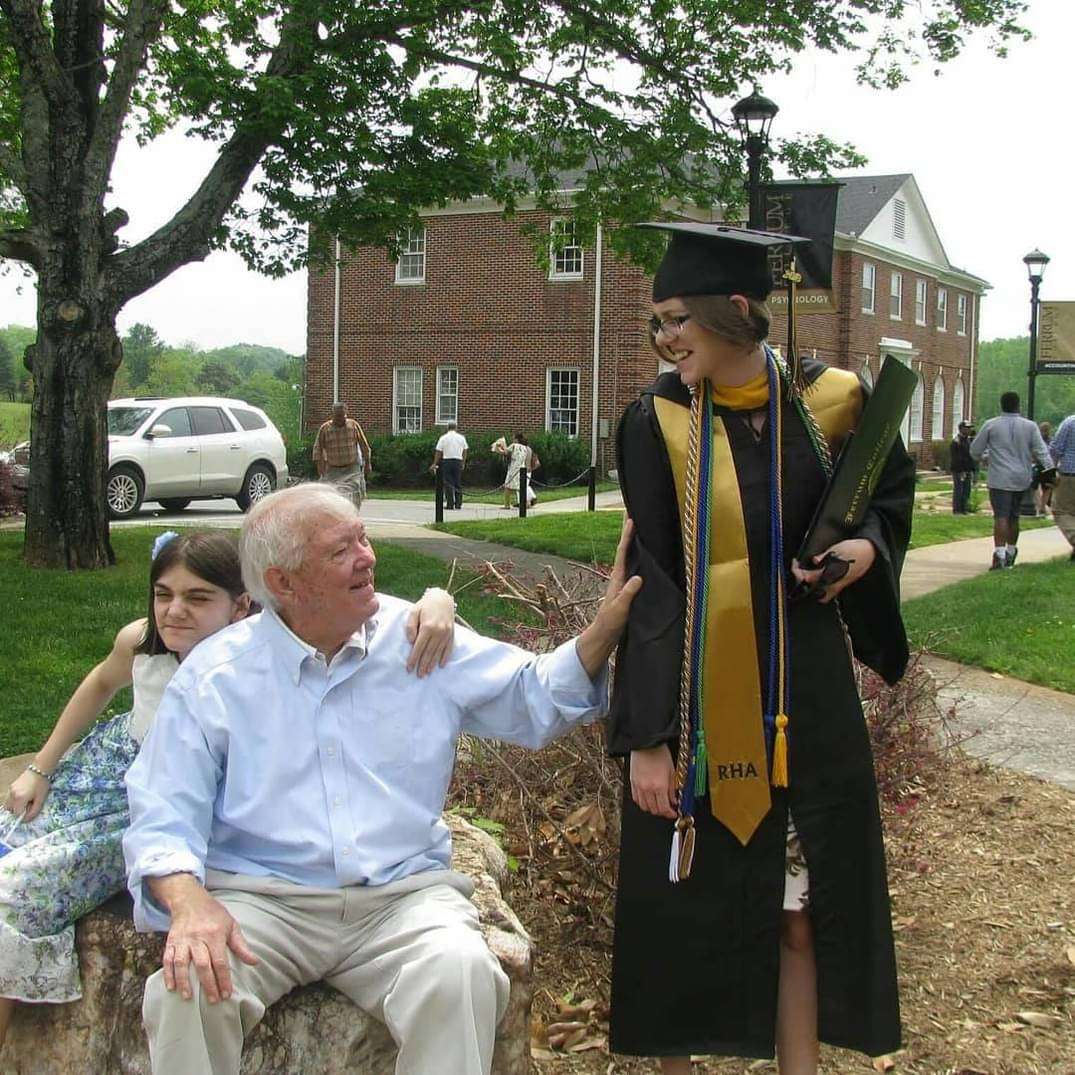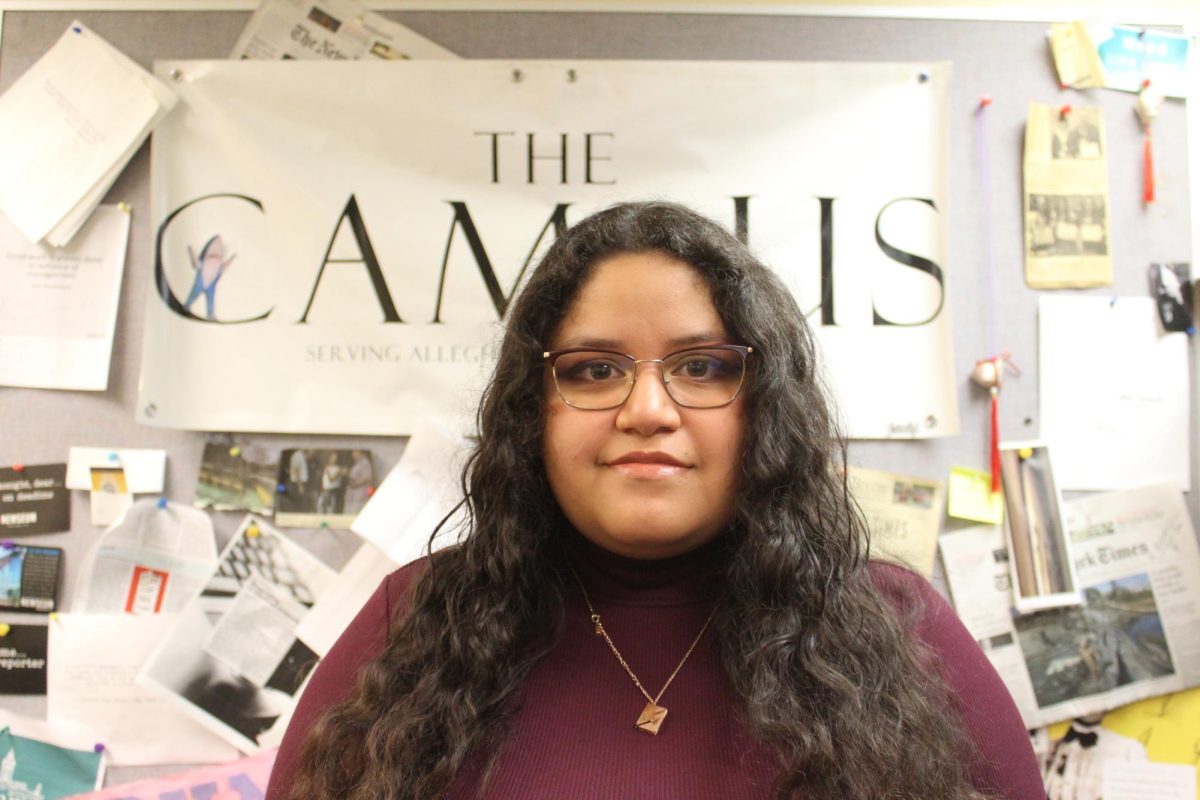When I was younger, I would curl myself into the smallest ball I could on the brown leather loveseat in our living room in hopes that my parents would forget that I was still awake and let me finish the show. Careful not to make a peep, I would study and memorize the outfits and mannerisms of the greatest names in entertainment and think about the magic of that night.
Of course, I hadn’t seen most of the films and TV shows that were up for awards, especially not the more serious ones, but I loved the mature and sophisticated feeling I got when I chuckled along in my head to a joke by a host or pair of presenters or recognized one of the actors making an acceptance speech. I felt like I was really consuming art and pondering the world’s stories and therefore, my tasteful appreciation for such creations qualified me to stay up later than the other kids my age.
Now that I’m older, I’ve seen more movies and TV shows, recognize more names, can stay up late and therefore chuckle out loud at jokes. Yet, in recent years, things don’t seem nearly as funny. Gross lack of recognition of non-white artists and their creations, tasteless jokes by the funniest people in the world, writers’ strikes, lip-reading drama, and a literal slap in the face have turned these mini-holidays into quarterly episodes of messy reality television with a guaranteed onslaught of bad press, commentary and second-hand embarrassment.
The wins and red carpet looks are still there, and remain entertaining, but there is a new underlying anxiety surrounding these award shows that almost guarantees heated criticism and awkward interviews to await on the morning news shows and social media sites of the following day. This anxiety seems so pervasive that finding a host for such events proves more and more difficult and painful.
Enter the 81st Golden Globes, which took place on Jan. 7.
Kicking off the award shows of the year, the Golden Globes are a celebration of humor, beautiful people, fabulous talent — all fueled by copious amounts of alcohol and gossip preceding the event.
Should be fun!
It would be irresponsible and incorrect to say that everyone tunes into shows like the Golden Globes to see what the Hollywood Foreign Press Association feels was the “Best Television Limited Series, Anthology Series, or Motion Picture Made for Television,” or new to this year, which film had the best “Cinematic and Box Office Achievement.” Appreciation for the art may be some of the reason for watching, of course, but just as badly, people want to see the embers that will start the social media and morning news fires of the next day.
Of course, with anything that is broadcast to 150 countries and features the most famous people in the world, criticism and backlash is a given. But I would be remiss as a scholar of communication intent on further expanding my media literacy if I neglected to see the disheartening turn that these nights of celebration are starting to take, where we aren’t really celebrating as much as looking for something to hate.
Award shows have long been a light but effective platform for calling out the blatant wrongs in the entertainment industry and the world such as sexual harassment, institutionalized racism, sexism and beyond. Poking fun at the disaster within the disaster itself is nothing new, and often generates important conversation.
Issa Rae and Simu Liu — who portrayed “President Barbie” and a “Ken”, respectively, in Greta Gerwig’s “Barbie” — did a segment on “white people roles,” making fun of the lack of diversity in the predictable roles that may be inclined to win an award like a Golden Globe.
Rae and Liu’s words — as well as several other quips throughout the night — called out the still extremely disproportionately white population of creators receiving Golden Globes-level recognition and effectively criticized institutionalized racism and disparity within the entertainment industry.
Similarly, Hailee Steinfeld, Daniel Kaluuya and Shameik Moore performed a skit in which they read painfully boring and choppy lines that were joked to have been written by studio executives, emphasizing the need for sufficiently-compensated writers in the entertainment industry.
Successful attempts at criticizing the not-so-trophy-worthy aspects of entertainment were satisfying and garnered laughs from the audience. However, much more frequently, many of the night’s jokes fell flat and left viewers with cuts to awkward looks, or in singer Taylor Swift’s case, exasperated sips of champagne.
Stand-up comedian Jo Koy, who hosted the event, told many jokes which fell into this flat and awkward category. Reminding the audience that he had 10 days to prepare after being selected for the gig after several other comedians declined the job, and defensively throwing his writers under the bus when one of his jokes would bomb, Koy stumbled his way through the night, and as expected, had much backlash to deal with in the days following.
Another moment that seemed to take over social media involved singer and actor Selena Gomez and Swift gossiping about something that lip-readers suggested had to do with actor Timothée Chalamet and his girlfriend, media mogul Kylie Jenner. Gomez quickly squashed the rumor that she had asked to get a picture with Chalamet, but Jenner would not allow it, clarifying that her conversation with Swift was about an unrelated topic.
The social media frenzy, despite some attempts to clear up rumors and explain reasoning behind a bombed joke, prevail, however, and soon the triumphs of the night — such as Lily Gladstone’s win for Best Performance by a Female Actor in a Motion Picture in “Killers of the Flower Moon”, and Da’Vine Joy Randolphs win for Best Performance by a Female Actor in a Supporting Role in Any Motion Picture in “The Holdovers” — were eclipsed by petty drama and criticism that could contribute to the reasons why it has become increasingly more difficult to find people to host the event.
It is beginning to seem that no matter the success of a year in entertainment, an award show like the Golden Globes is bound to end up featuring more timidness than triumph, and more awkwardness than achievement, begging the questions: Is there any right and willing person to host that will make the right won’t risk being canceled? What purpose do these shows serve anymore? Will the night’s success ever outweigh its inevitable stress?
Not all that glitters
Have the Golden Globes lost their shine?
Story continues below advertisement
About the Contributor

Emma Conti-Windle, Staff Writer
Emma Conti-Windle is a first year and legacy student. She is majoring in Communication and Media Studies and minoring in Journalism. This is her first year on staff, though she has always had a passion for writing and media production. Her favorite pieces so far are the ones she has written on Taylor Swift, and she looks forward to growing her portfolio with The Campus. Not only is she a huge Swiftie, but Emma is also a dual citizen of Australia, has a radio talk show on WARC 90.3 and finds guilty pleasure in watching old episodes of "Glee" whenever she can.





